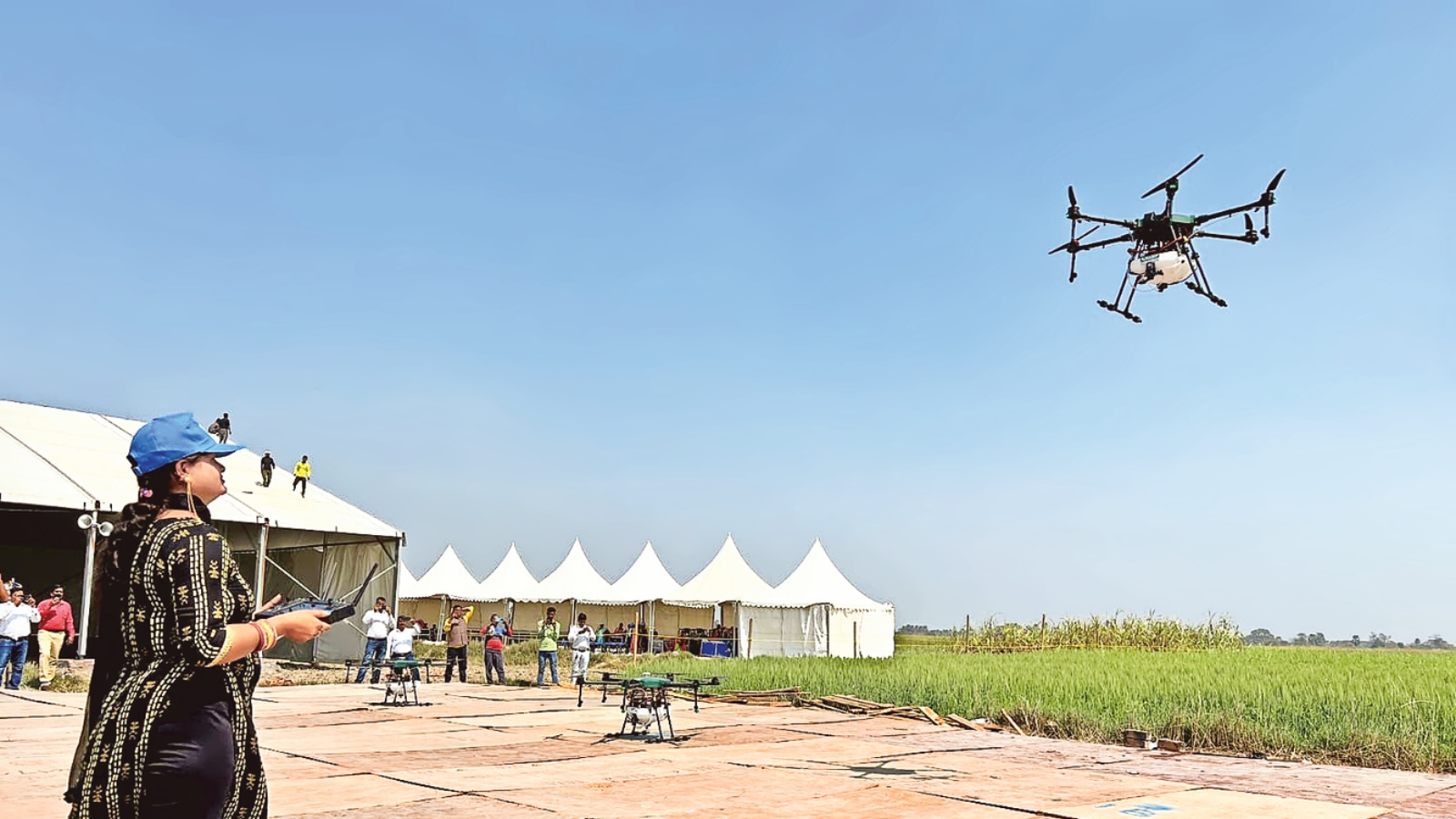Transforming Indian Agriculture: Tech Integration, Market Access, and Sustainability Efforts


The Agriculture ministry of India has recently launched a series of initiatives aimed at boosting the agricultural sector in the country. These measures are designed to address various challenges faced by farmers and to enhance productivity and sustainability in agriculture.
One of the key initiatives is the implementation of new technology and practices to improve agricultural output. This includes the promotion of precision farming techniques, use of high-yielding crop varieties, and adoption of efficient irrigation methods. By leveraging technology, farmers can increase their yield and income while reducing input costs.

In recent years, the Ministry of Agriculture in India has adopted a multifaceted approach to revitalizing the agricultural sector. In addition to embracing technological interventions, the ministry is also prioritizing the enhancement of market access for farmers, which is crucial for empowering them economically and creating a more resilient agricultural system. This approach focuses on building a robust agricultural infrastructure, including the establishment of cold storage facilities, warehouses, and market linkages, which together form the backbone of an efficient supply chain. By providing these facilities, the ministry aims to enable farmers to store their produce safely and transport it over longer distances, ensuring they have greater control over the timing of sales and allowing them to avoid distress sales that often lead to losses.
One of the primary goals of this infrastructure improvement is to help farmers secure better prices for their produce. Traditionally, farmers have had to rely on middlemen to sell their goods, a system that often results in reduced profits due to added commissions and reduced bargaining power for farmers. With the ministry’s efforts in place, farmers can bypass these intermediaries and access larger markets directly, which allows them to retain a greater share of the profits and gain a stronger footing in the agricultural economy. Furthermore, this access to a broader market base empowers farmers to reach consumers directly, establishing a transparent and efficient agricultural ecosystem.
At the same time, the ministry has recognized that sustainability in farming practices is essential for the long-term viability of agriculture in India. As a result, there has been a dedicated focus on promoting environmentally friendly and sustainable agricultural practices. One key area of focus is organic farming, which offers an alternative to conventional methods that heavily depend on chemical inputs. By encouraging farmers to adopt organic farming techniques, the ministry aims to reduce the harmful environmental impacts of excessive chemical use, such as soil degradation and water pollution, thereby fostering healthier ecosystems. Organic farming also enables farmers to access new market segments, as consumer demand for organic products is on the rise, both domestically and internationally.
Additionally, the conservation of water resources has emerged as a critical component of sustainable agriculture. Recognizing the vulnerability of India’s water supply, the ministry is advocating for water-efficient practices, such as drip irrigation, rainwater harvesting, and crop rotation. These practices not only conserve water but also improve crop yields by ensuring that crops receive adequate hydration, even in areas with irregular rainfall. By supporting water conservation measures, the ministry aims to address one of the biggest challenges facing Indian agriculture, ensuring that farming remains viable even in regions prone to drought.
Reducing chemical inputs, like pesticides and fertilizers, is another priority under the ministry’s sustainability goals. Overuse of chemicals in farming has long-term negative effects on soil health, biodiversity, and human health. By promoting alternative pest management strategies, such as integrated pest management (IPM) and natural fertilizers, the ministry aims to foster a healthier, more productive environment for both crops and communities. This approach not only helps protect the land for future generations but also enhances food quality, which is increasingly important as consumer awareness about food safety grows.
Through these initiatives, the ministry aims to build a resilient and sustainable agricultural system that balances economic growth with environmental stewardship. In the long term, these changes are expected to contribute to food security by ensuring that future generations have access to adequate food supplies. They also improve the livelihoods of farmers by creating stable, profitable, and sustainable farming models. By encouraging farmers to adopt practices that are both economically viable and ecologically sound, the ministry is setting a foundation for a more secure and self-sustaining agricultural sector.
Overall, the comprehensive efforts of the Ministry of Agriculture in India are poised to bring about transformative change within the agricultural sector. By harnessing technology, enhancing market access, and promoting sustainable farming practices, the ministry addresses immediate challenges and sets the stage for future growth. These efforts signal a commitment to creating an agricultural sector that can thrive in the face of climate change, fluctuating market demands, and evolving consumer expectations. Through its progressive vision, the ministry is paving the way for a more prosperous, resilient, and environmentally sustainable agricultural industry, ultimately contributing to the well-being of millions of farmers and the nation.
